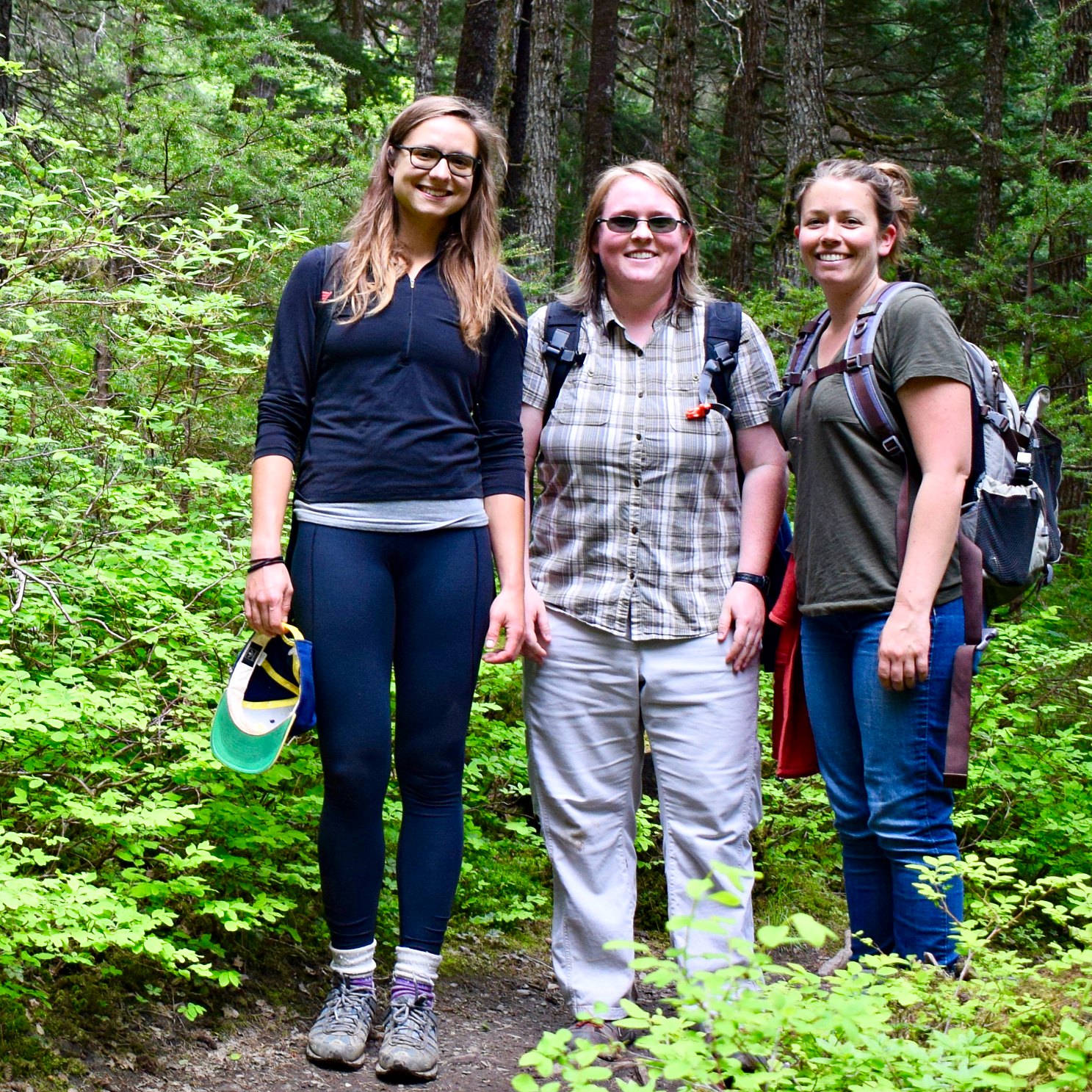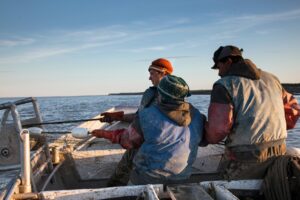
Interns on the issues: Digging deep into the Pebble mine
in Clean Air and Water, Marine Ecosystems, Miscellaneous, People & Places, Wild Lands & Wildlife
Our summer interns, Kat, Catherine and Hannah, have already jumped into legal research and writing—and into Alaska’s wilderness. This summer, they will write blog posts to share their adventures, and tell us what they’re doing, seeing and learning. Here’s part 2 of their introductory blog about what they’re doing at Trustees. This one talks about the Pebble mine clash of values and how the proposed mine threatens Bristol Bay communities and salmon fisheries. Read part 1 to find out about co-existing with migratory birds, and part 2 on wolves as vermin or vital species.
Hannah on Pebble: Digging deep into the Pebble mine
The proposed Pebble mine is a controversy that exemplifies the clash of values between sustainable communities and shortsighted industry interests. Its message has reverberated beyond the local communities of Bristol Bay and into the entire country, including my hometown in Colorado. But I didn’t realize how detrimental the mine would be until I read through the project’s 600-page scientific watershed assessment. It took a while to get through, but I was able to glean some eye-opening information from this thorough assessment.
The watershed assessment could not be clearer
Even the smallest proposed mine is highly detrimental to the ecological, cultural, and economic well-being of the Bristol Bay Watershed.
If the mine’s tailings dam (where they put all the mine waste) were to fail in even the smallest mine scenario, miles of prime sockeye salmon habitat will be irreparably damaged. The local Native subsistence communities and commercial fisheries that rely on this salmon would suffer, as would the thousands of Alaskans who process, distribute, sell and use that fish.

Fishing defines Bristol Bay, home to the largest wild sockeye salmon fishery in the world. (Photo: Donald Bland).
Then, after the mine has finished extracting the deposit, the watershed would be left with little if any fish with which to support an economy.
Pebble stalls EPA decision in court
The corporation interested in seeing this project go forward has used expensive legal strategies to stall the EPA for three years from making a final decision, hoping that an industry-friendly administration would be more receptive to the mine. Now that this has happened, the corporation has settled the lawsuits and is trying to move forward with the mining project despite its terrible environmental consequences and opposition from the overwhelming majority of Bristol Bay residents.
I’m hopeful that legally required public involvement and agency-accountability measures will stop this project and ensure the implications of this shortsighted project are given proper consideration.



